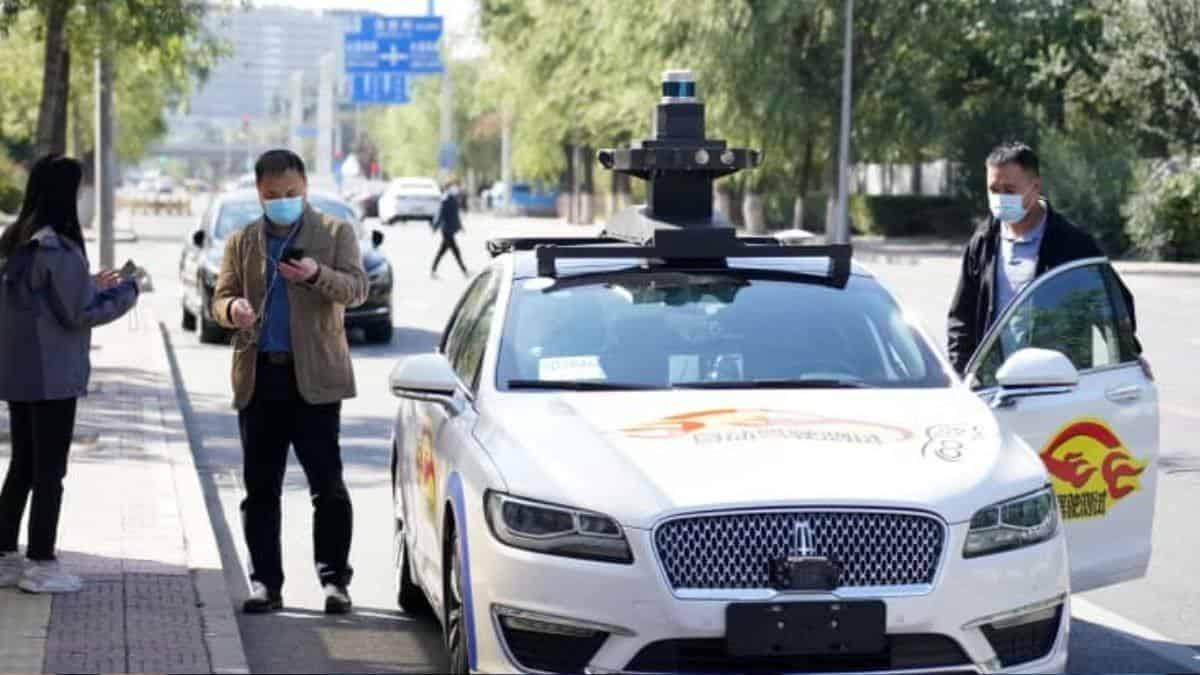Baidu launches its robotaxi service after receiving permission to charge fees in Beijing

BEIJING (Xinhua) — Baidu said this week that it will begin collecting robotaxi fares in a portion of Beijing on Thursday, marking a significant step toward expanding its autonomous taxi company.
The regulatory approval to encourage robotaxis in China comes at a time when local governments in the United States are moving in the same direction.
The city of Beijing’s move, on the other hand, bears significant weight.
With approval from China’s capital, firms will be able to charge the public for robotaxi rides for the first time in the country.
It lays the groundwork for other cities such as Shanghai, Guangzhou, and Shenzhen to follow suit, according to Wei Dong, vice president, and chief security operation officer at Baidu’s Intelligent Driving Group, in an exclusive interview with CNBC.
He anticipates that those communities will take action later this year or early next year.
How much will it set you back?
Baidu’s Apollo unit, which runs the robotaxi company, may now collect fares from passengers riding in one of 67 self-driving cars in Beijing’s suburban neighborhood of Yizhuang as of Thursday.
While the business did not provide specific pricing, it did state that rates would be equal to premium level ride-hailing costs offered through apps such as Didi, which may cost twice as much as regular rides.
Since October 2020, Baidu has provided free robotaxi trips in Yizhuang. As of Wednesday, the “Luobo Kuaipao” robotaxi app displayed an example charge of 34 yuan ($5.31) for a 3-kilometer (1.86-mile) journey from Sam’s Club in Yizhuang to a nearby subway station.
Didi’s basic express car service charges roughly 14 yuan ($2.19) for the same distance. The sample premium level fare for the same route on Didi is 27 yuan.
The novelty of a free, self-driving cab has attracted a handful of frequent consumers in Yizhuang so far. According to Wei, more than 20,000 people take at least 10 rides per month. It’s unknown how many people will continue to use the service once they have to pay for it, but Wei hopes to verify 100 more robotaxi cars per year.


